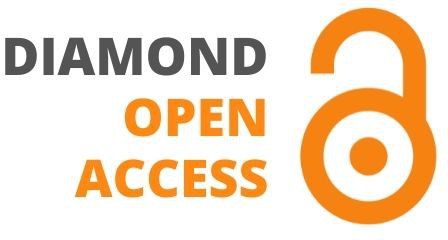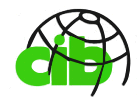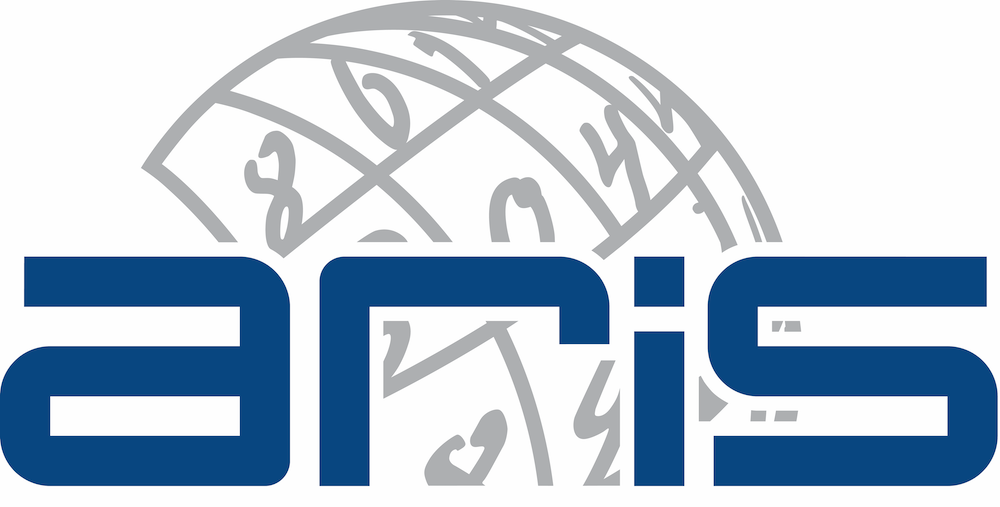Journal of Information Technology in Construction
ITcon Vol. 7, pg. 101-124, http://www.itcon.org/2002/7
SEEK: Accomplishing enterprise information integration across heterogeneous sources
| submitted: | January 2002 | |
| revised: | July 2002 | |
| published: | August 2002 | |
| editor(s): | A. S. Kazi | |
| authors: | William J. O'Brien, Assistant Professor,
M.E Rinker, Sr. School of Building Construction, University of Florida, email: wjob@ufl.edu, http://www.bcn.ufl.edu Raja R.A. Issa, Professor, M.E. Rinker, Sr. School of Building Construction, University of Florida email: raymond-issa@ufl.edu, http://www.bcn.ufl.edu Joachim Hammer, Assistant Professor Dept. of Computer & Information Science & Engineering, University of Florida email: jhammer@cise.ufl.edu, http://www.cise.ufl.edu Mark S. Schmalz, Research Professor Dept. of Computer & Information Science & Engineering, University of Florida email: mssz@cise.ufl.edu, http://www.cise.ufl.edu Joseph Geunes, Assistant Professor Dept. of Industrial & Systems Engineering, University of Florida email: geunes@ise.ufl.edu, http://www.ise.ufl.edu Sherman X. Bai, Associate Professor Dept. of Industrial & Systems Engineering, University of Florida email: bai@ise.ufl.edu, http://www.ise.ufl.edu | |
| summary: | This paper describes ongoing research on the Scalable Extraction of Enterprise Knowledge (SEEK) project. The SEEK toolkit is a collection of modular components. The components enable rapid instantiation of connections to firms' legacy information sources, (semi)-automatically integrating knowledge in the firm with knowledge needed as input to decision support tools. SEEK is not a general-purpose toolkit. Rather, it allows extraction of knowledge required by specific types of decision support applications. Thus SEEK enables scalable implementation of computerized decision and negotiation support across a network of firms. Current development is directed towards support for construction supply chain applications. SEEK represents a departure from research and development in shared data standards. Instead, SEEK embraces heterogeneity in firms' information systems, providing the ability to extract and compose knowledge resident in sources that vary in the way data is represented and how it can be queried and accessed. This paper outlines the business needs for such capabilities, the SEEK information architecture, and reviews the underlying technologies (principally, Data Reverse Engineering) supporting SEEK. | |
| keywords: | legacy system integration, knowledge capture, knowledge composition, data reverse engineering, supply chain management, process models | |
| full text: | (PDF file, 0.629 MB) | |
| citation: | O'Brien W J, Issa RRA, Hammer J, Schmalz MS, Geunes J and Bai S X (2002). SEEK: Accomplishing enterprise information integration across heterogeneous sources. Journal of Information Technology in Construction (ITcon), 7, Special issue ICT for Knowledge Management in Construction, 101-124. https://www.itcon.org/2002/7 |





